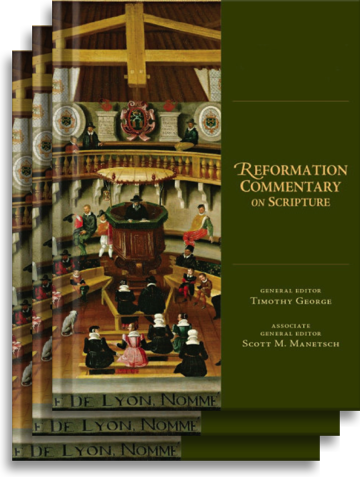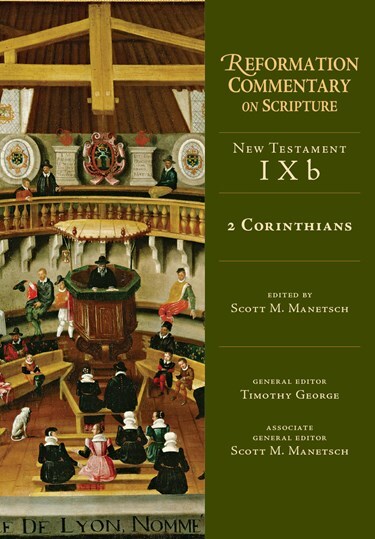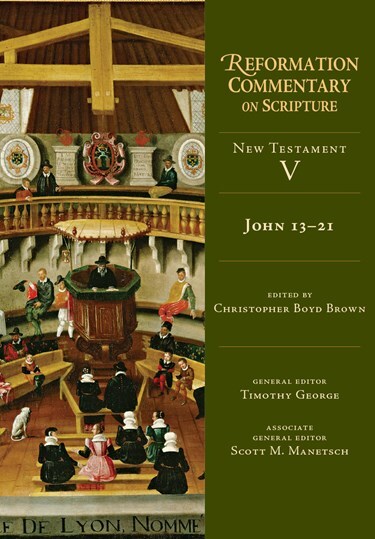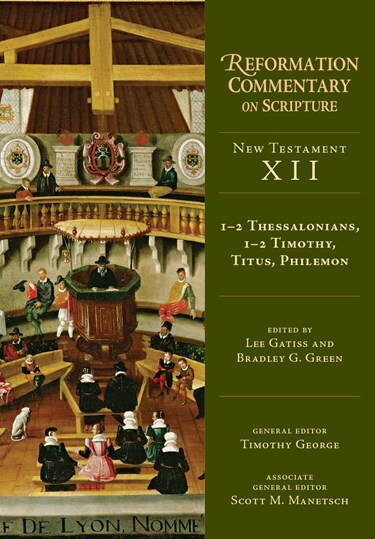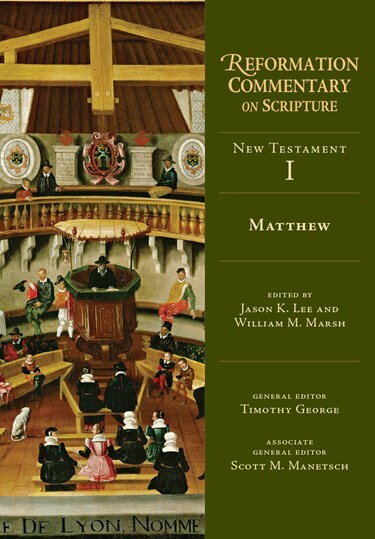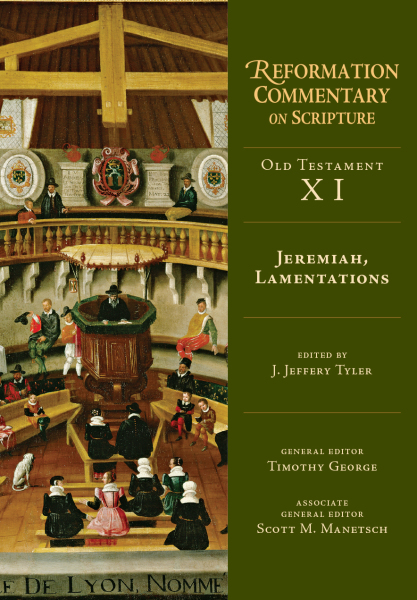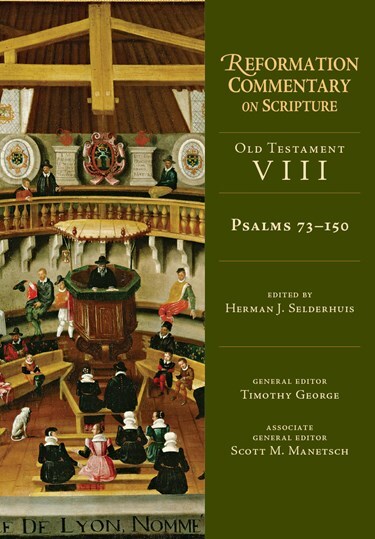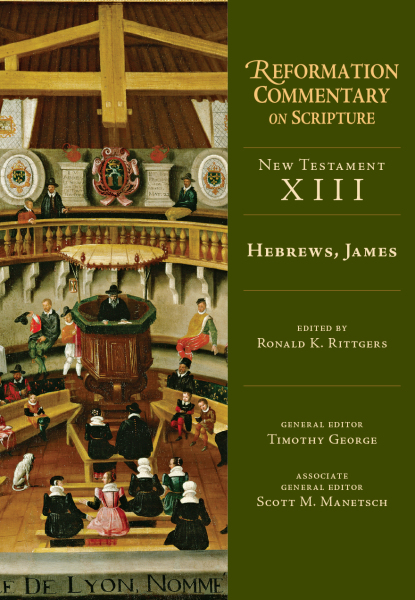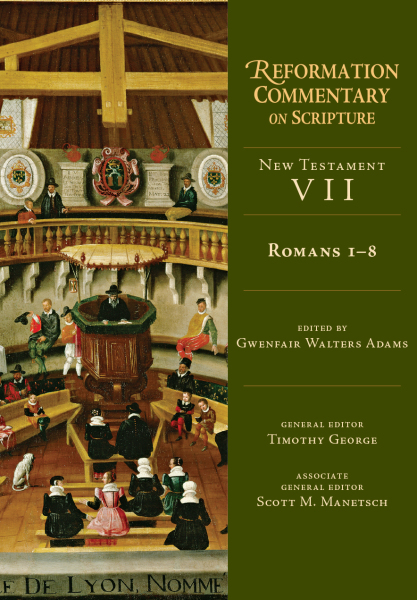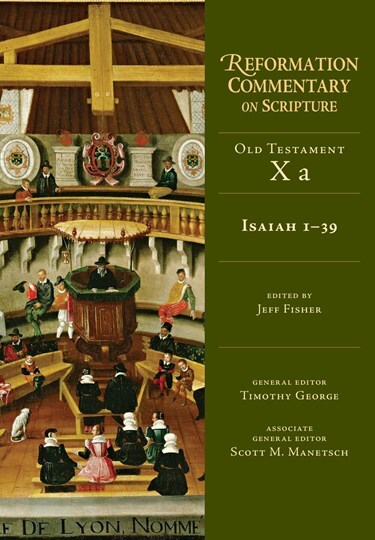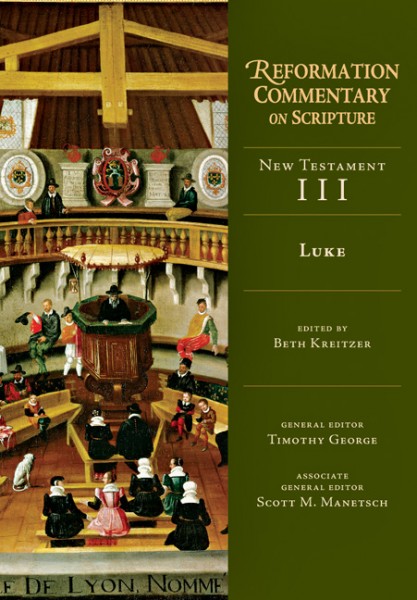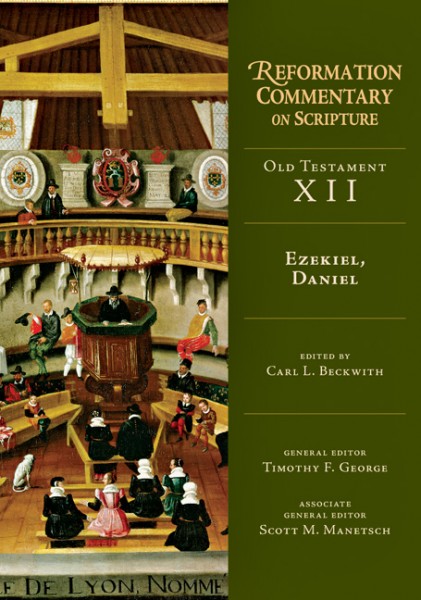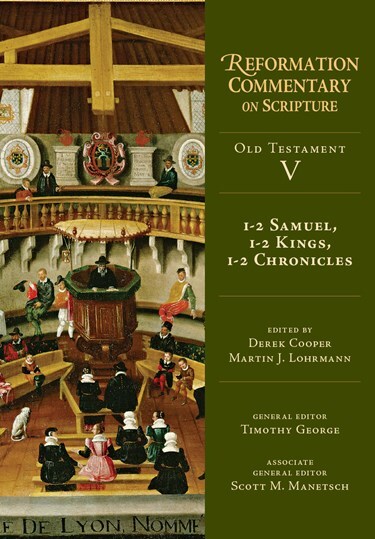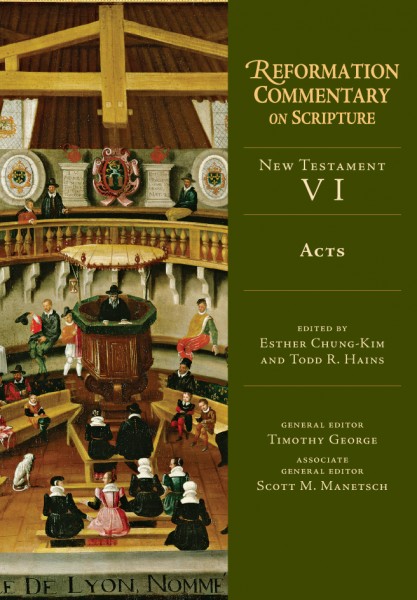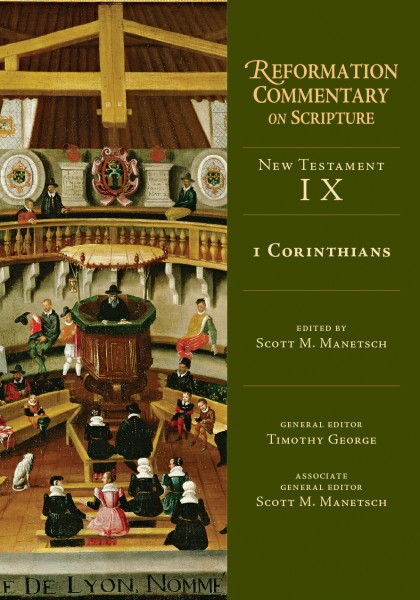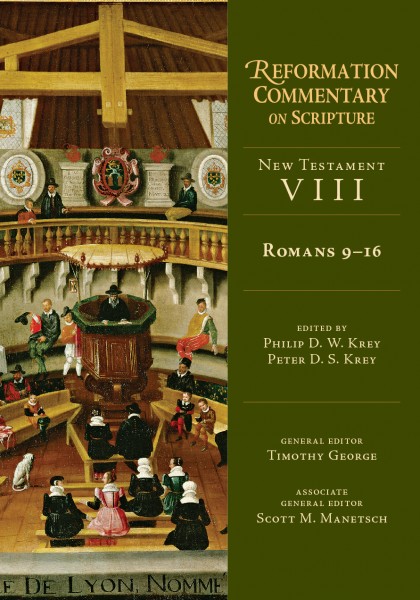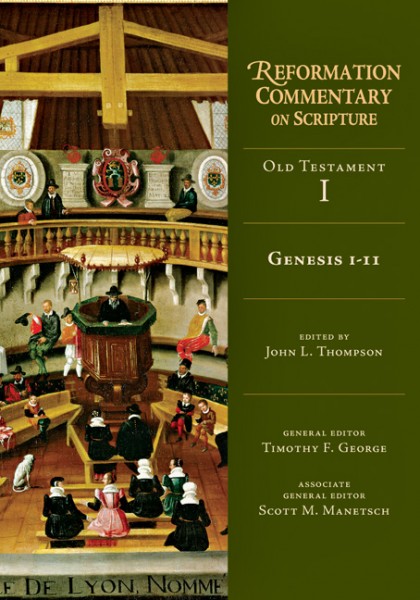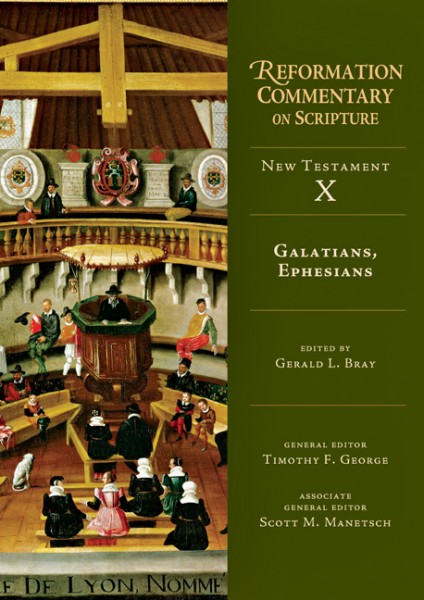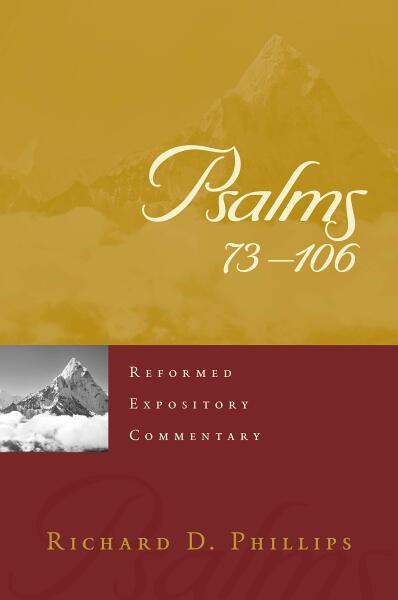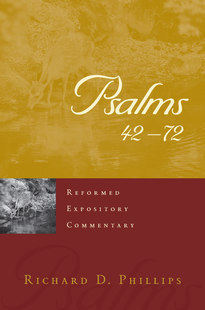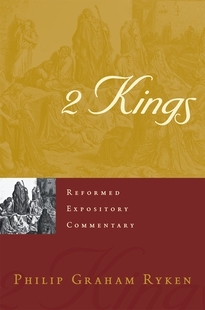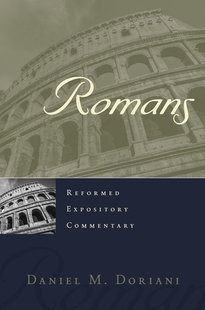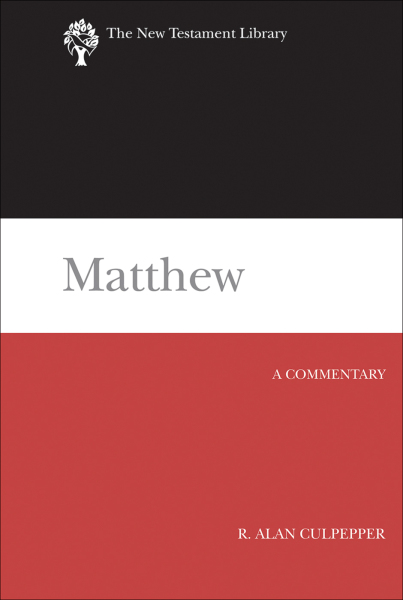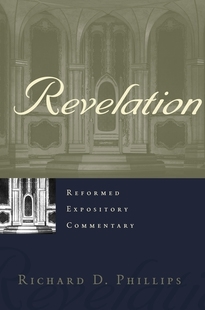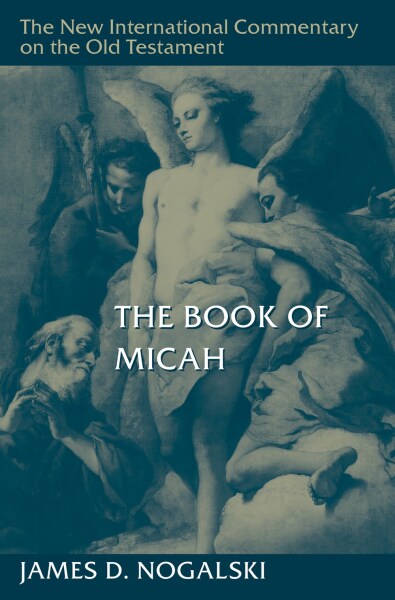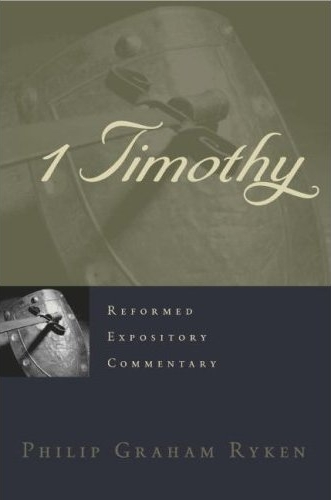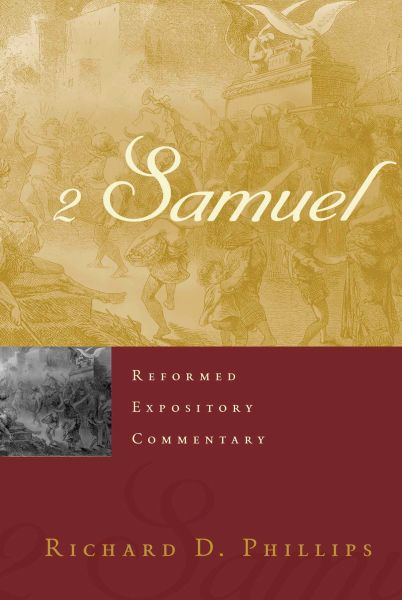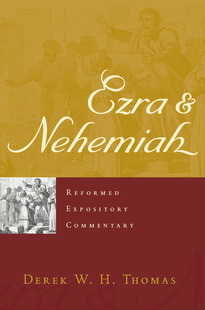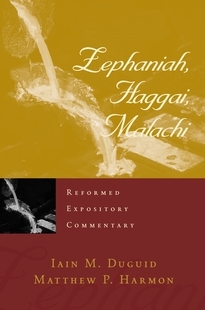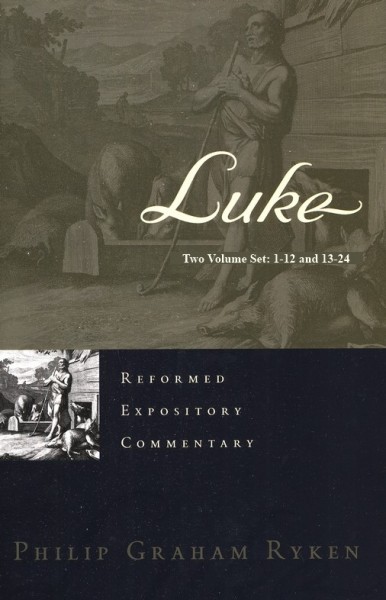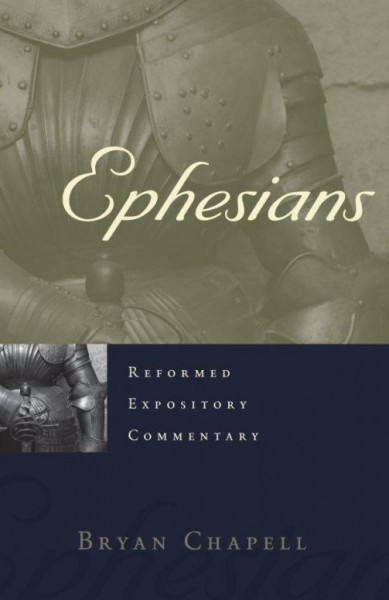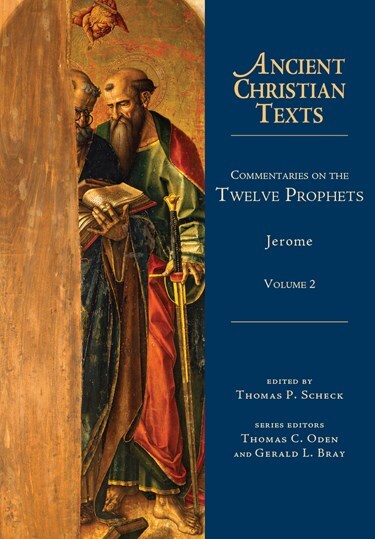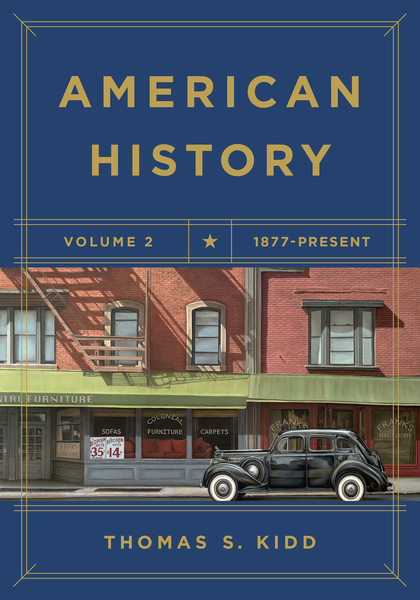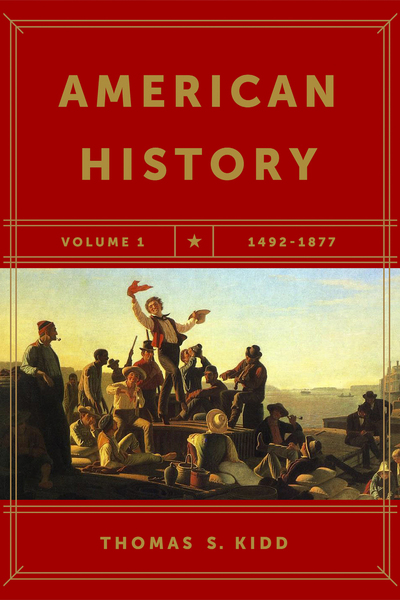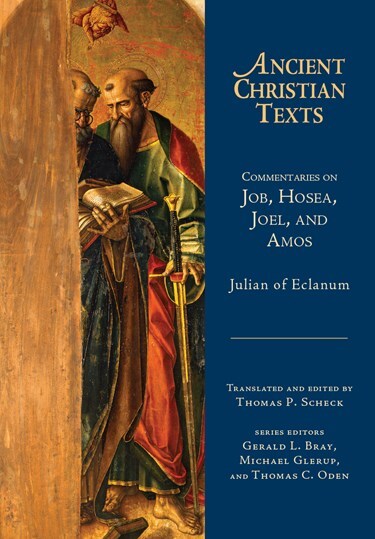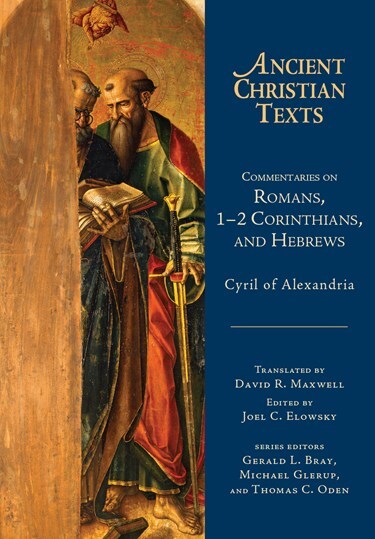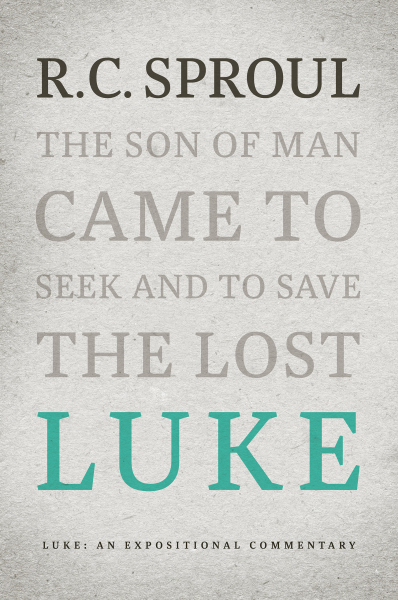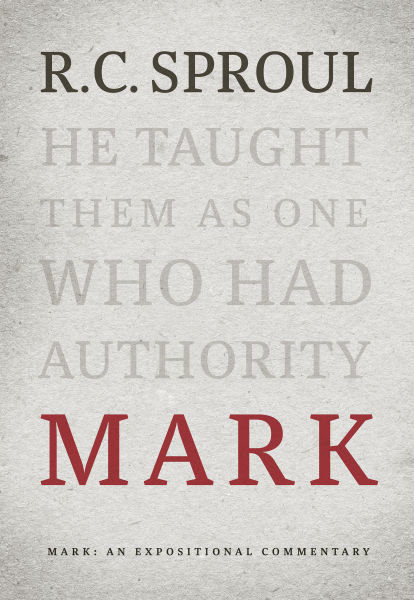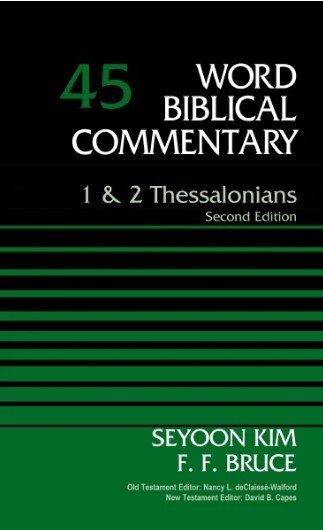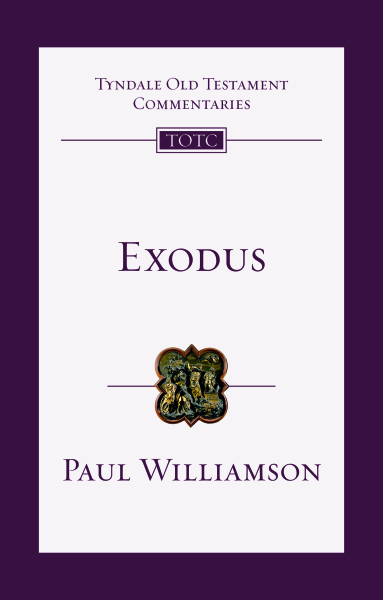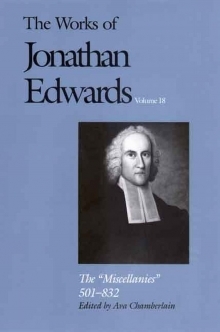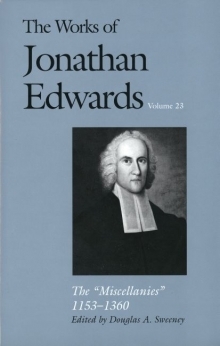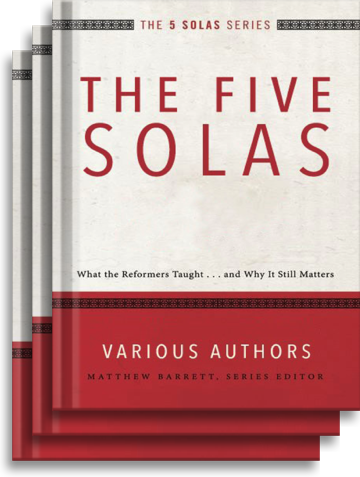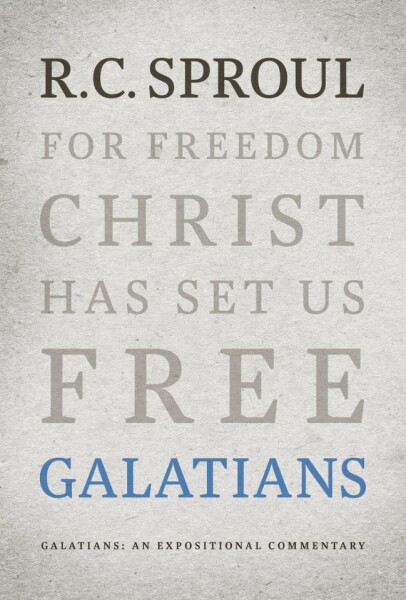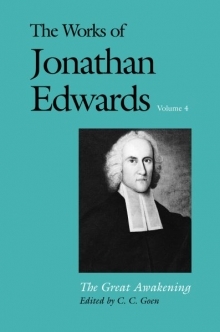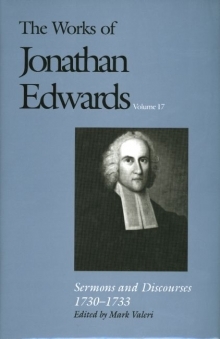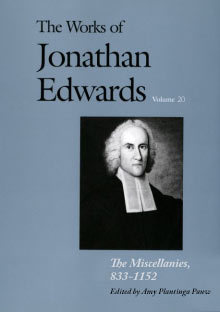

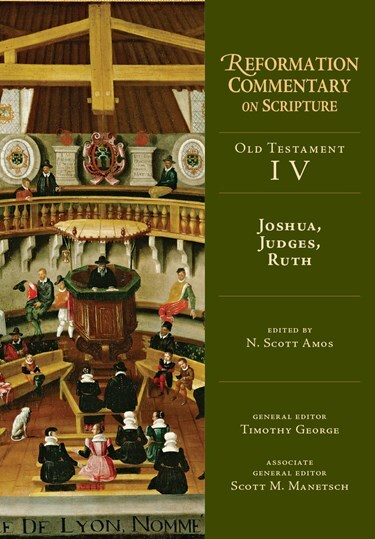
Reformation Commentary on Scripture: Joshua, Judges, and Ruth (RCS)

Reformation Commentary on Scripture: Joshua, Judges, and Ruth (RCS)
"Where you go I will go, and where you lodge I will lodge. Your people shall be my people, and your God my God."
Ruth's response to her mother-in-law Naomi demonstrated both Ruth's loyalty to her family and her trust in God. The Reformers of the sixteenth century found theological significance in such Old Testament narratives. For example, German Lutheran pastor and theologian Johannes Brenz perceived in her confession a foreshadowing of the gospel: "Ruth the Moabitess is recorded in the genealogy of Christ, that it might be made known that Christ belongs not only to the Jews but also to the Gentiles."
In this volume of the Reformation Commentary on Scripture, N. Scott Amos guides readers through a wealth of early modern commentary on the Old Testament books of Joshua, Judges, and Ruth. Readers will hear from familiar voices and discover lesser-known figures from a diversity of theological traditions, including Lutherans, Reformed, Radicals, Anglicans and Roman Catholics. Drawing upon a variety of resources—from commentaries and sermons to treatises and confessions—much of which appears here for the first time in English, this volume provides resources for contemporary preachers, enables scholars to better understand the depth and breadth of Reformation commentary, and seeks to encourage all those who would, like Ruth, declare their allegiance to God.
The Reformation Commentary on Scripture Series
The Reformation Commentary on Scripture (RCS) provides a crucial link between the contemporary church and the great cloud of witnesses that is the historical church. The biblical insights and rhetorical power of the tradition of the Reformation are here made available as a powerful tool for the church of the twenty-first century. Like never before, believers can feel they are a part of a genuine tradition of renewal as they faithfully approach the Scriptures.
In each RCS volume you will find the biblical text in English, from the English Standard Version (ESV), alongside the insights of the leaders of the Reformation. Hear from landmark figures such as Luther and Calvin, as well as lesser-known commentators such as Peter Martyr Vermigli, Johannes Oecolampadius, Martin Bucer, Johannes Brenz, Caspar Cruciger, Giovanni Diodati, and Kaspar Olevianus. The series introduces you to the great diversity that constituted the Reformation, with commentary from Lutheran, Reformed, Anglican, Anabaptist and even reform-minded Catholic thinkers, who all shared a commitment to the faithful exposition of Scripture.
Each volume is designed to facilitate a rich research experience for preachers and teachers, and contains a unique introduction written by the volume editor, providing a reliable guide to the history of the period, the unique reception of the canon of Scripture and an orientation to the thinkers featured in the volume. Many of these texts are being published in English for the first time, and volumes also contain biographies of figures from the Reformation era, adding an essential reference for students of church history.
N. Scott Amos (PhD, University of St. Andrews) is professor of history at the University of Lynchburg. He is the author of Bucer, Ephesians, and Biblical Humanism: The Exegete as Theologian and the coeditor of The Education of a Christian Society: Humanism and the Reformation in Britain and the Netherlands.
